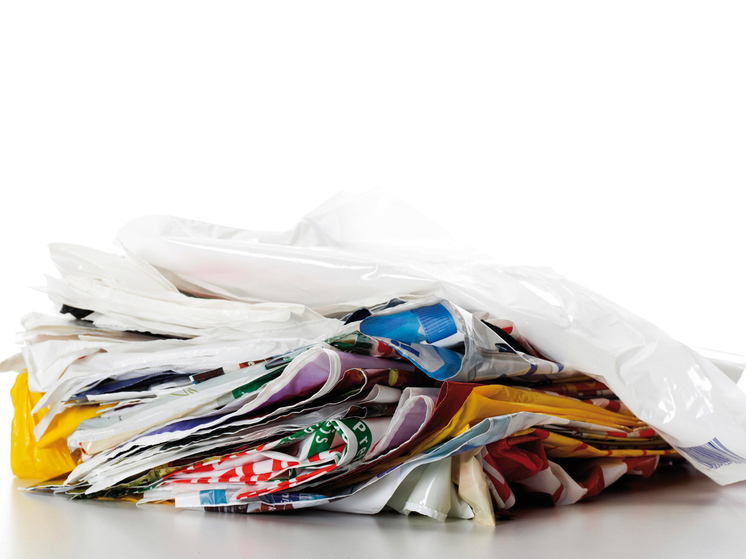Products do not biodegrade and may be more hazardous
Plant-based plastics are often promoted as an environmentally friendly alternative to conventional plastic. However, new research shows that many so-called «bioplastic» products do not degrade after more than a year in water or on land.

Given the growing popularity of bioplastics, researchers from the American non-profit organization 5Gyres decided to find out how these foods if thrown into the ocean or left on the side of the road.
They left bioplastic products in several places on land and sea, next to regular plastic, as well as objects made of wood or paper. Almost none of these products wore out completely after 64 weeks, and some were virtually unchanged. Those that wore out tended to break into smaller pieces rather than decompose.
The bioplastics industry worldwide is valued at about $11.6 billion and is expected to grow at about 19% in year.
Products left on land decomposed more slowly than those left in water, but even after 64 weeks, 78% of bioplastic products remained in their original form.
«Bioplastics» — This is a category that includes both bio-based plastics made from renewable sources (vegetable fats, corn starch, straw, sawdust or recycled food waste) and so-called “biopolymers.” (plastics produced by microorganisms such as bacteria or yeast).
The study primarily looked at the products PHA (polyhydroxyalkanoate) and PLA (polylactic acid), which are biopolymers.
The researchers placed 22 different products at 6 locations in California, Maine and Florida — one on land and one at sea in each state. Seventeen products were bioplastics. For comparison, they included three polyethylene, one bamboo and one paper products.
The researchers removed the items at regular intervals to track their degree of decomposition. As expected, none of the polyethylene products experienced degradation after 64 weeks. Bamboo forks didn't do this either.
Paper straws that were in water disintegrated after 32 weeks. Only the tubes remaining on land in the US state of Maine were completely gone after 64 weeks.
Bioplastics followed a similar pattern: Of those that did degrade, most ended up in the water. Overall, about 78 of the 102 bioplastic items remained intact.
One of the main findings of the study is that consumers need to know the difference between “compostable” and “compostable” products. products and “biodegradable”. All compostable products are biodegradable, but that doesn't mean they break down while floating in the ocean or sitting in the dirt.
Part of the problem is that while products may start out their lives as natural ingredients (e.g. corn), chemical processing produces a chemical structure almost identical to that of conventional plastics made from petroleum products.
Most products require high-temperature composting facilities, and most will never make it there. They are more likely to end up in a conventional incinerator along with other waste.
Previous research has shown that bioplastics are rarely disposed of properly, making them potentially more of a global warming risk than regular plastics. Environmental groups called them a “false solution.” plastic waste problems.
























































Свежие комментарии